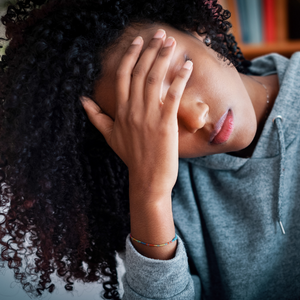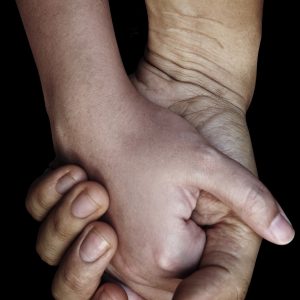Bereavement

Bereavement is a time of mourning and intense grief, especially after the death or loss of a loved one. Grief is both the process and emotions we experience as we adjust to loss.
There is no right way to experience bereavement.
Losing someone important to us can be emotionally devastating – whether that be a partner, family member, friend or pet.
It is normal to go through a range of physical and emotional processes as we come to terms with the loss.
Bereavement affects everyone differently. Feelings of grief can happen because of other types of loss or changes in circumstances.
Major events resulting in death can also impact us even if we didn’t personally know those that died. They can trigger difficult emotions and remind us of other losses in our lives. And seeing others sad can make us feel sad ourselves.
How long does grief last?
There is no time limit on grief and experience varies from person to person. The time spent in a period of bereavement will be different for everybody and depends on factors such as the relationship, the strength of attachment or intimacy to the person who died, the situation surrounding their death, and the amount of time spent anticipating the death.
Self referral
Our resources section provides some self-help websites, some of them accept direct self-referrals from you, but if you would like a mental health nurse to review your self-referral and provide some further guidance, please click on Do Self Referral. We hope to contact you within 28 days. If you haven’t heard from us after this, call your GP.
Do Self Referral

Self help resources
Resources can be accessed below.
View self help resources

















